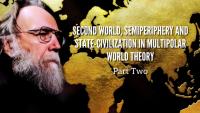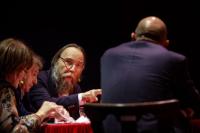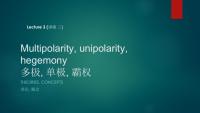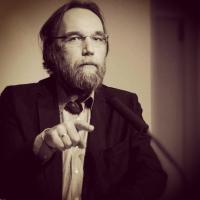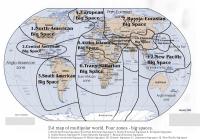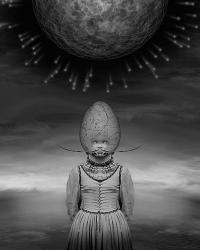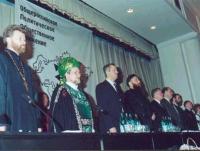Second World, Semiperiphery and State-Civilisation in Multipolar World Theory. Part Two
Let us now turn to a different theory: the 'world-system analysis' constructed by Immanuel Wallerstein. Wallerstein, an exponent of the Marxist school of International Relations (especially in its Trotskyist interpretation), on the basis of the doctrine of "the long run" (F. Braudel) and the Latin American theorists of structural economics (R. Prebisch, S. Furtado), developed a model of world zoning according to the level of development of capitalism.

